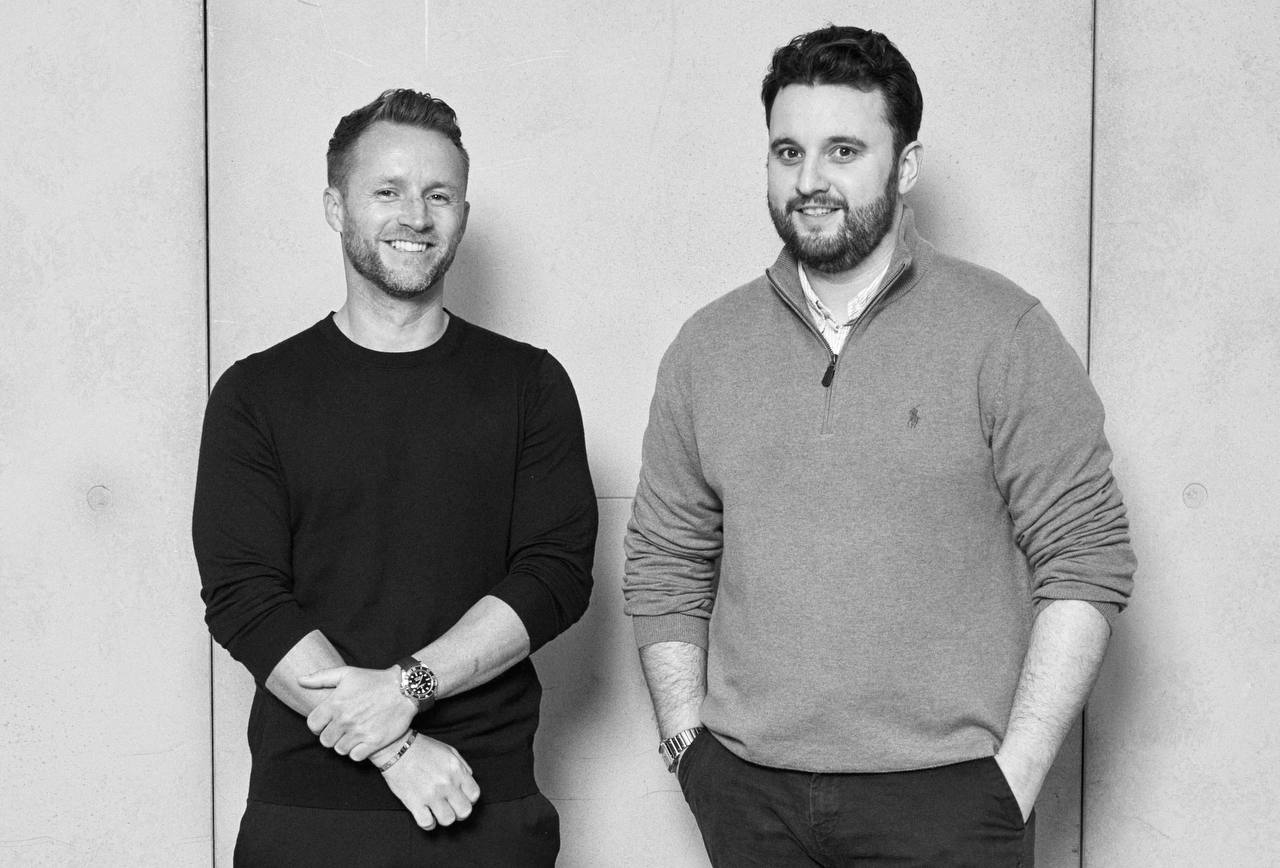Meta, perhaps the first name that will come to mind when you think of metaverse, has had a rough time lately. After announcing their strategy to invest heavily into their XR business Reality Labs, the tech giant has had a not-so-great earnings report sinking the hearts of investors worldwide: The Q3 revenue barely reached half a billion dollars, with operating costs well exceeding 3 billion.
But even despite this, the metaverse is a long-term play for Meta, and there might still be reasons to be bullish on the tech giant’s growth.
Reality Labs
Meta’s Reality Labs is a research group that focuses on augmented reality (AR) and virtual reality (VR). Originally called Oculus, Meta—then Facebook—acquired the company in June 2018, which has long been led by Michael Abrash. Its first product—a pair of VR goggles called "Oculus Quest"—was announced at F8 in 2019. This means that Facebook has been working on AR for some time now, so it's not surprising to see the company continuously push to stay at the top of the XR space.
Meta recently released the new Quest Pro VR/Mixed Reality headsets, selling at $1,500 per set. Quest Pro is the first of a new line of more advanced headsets that have MR features that can help with improving workplace applications and processes. Meta's Quest Pro is differentiated from other headsets on the market by its next-generation optics, which include an entirely new optical stack that helps to reduce the depth of the optical module by 40%, as well as displays with 75% more contrast and 37% more pixels per inch than the Quest 2.
And Quest 2 sales were more than 7 times larger than Quest 1, showing significant improvements in the technology and platform experiences. Meta is continuing to invest in Reality Labs to drive further adoption and generate more revenue opportunities.
Reasons to Believe
Coupled with some recent major partnerships for Meta, the introduction of the new Quest Pro could signal a long-term bullish outlook in the face of their recent reports. The company announced a partnership with Microsoft to make their brand-new headset available for multiple Microsoft applications. This should increase functionality for the Quest products while growing their use cases.
Meta is clearly working to make the Oculus range most useful for business as opposed to consumers, highlighting their potential to make work meetings more interactive and immersive while smoothing workflows. Zoom will also be integrated with Meta’s workspace, allowing users to meet virtually using the video-calling application.
There are encouraging signs that the Reality Labs segment of Meta is seeing increasing interest and take-up, with improvements in technology and platform experiences helping to remove barriers to adoption. However, there is still more work to be done in order to drive further adoption and monetization opportunities.










